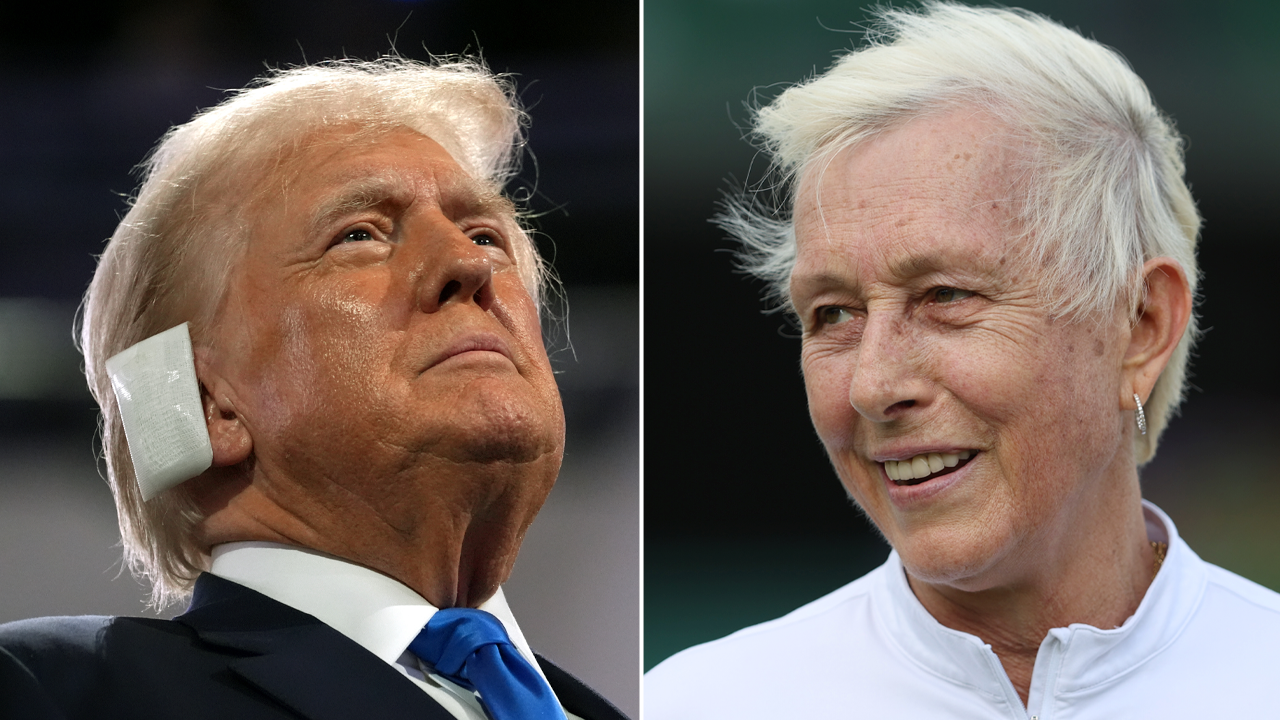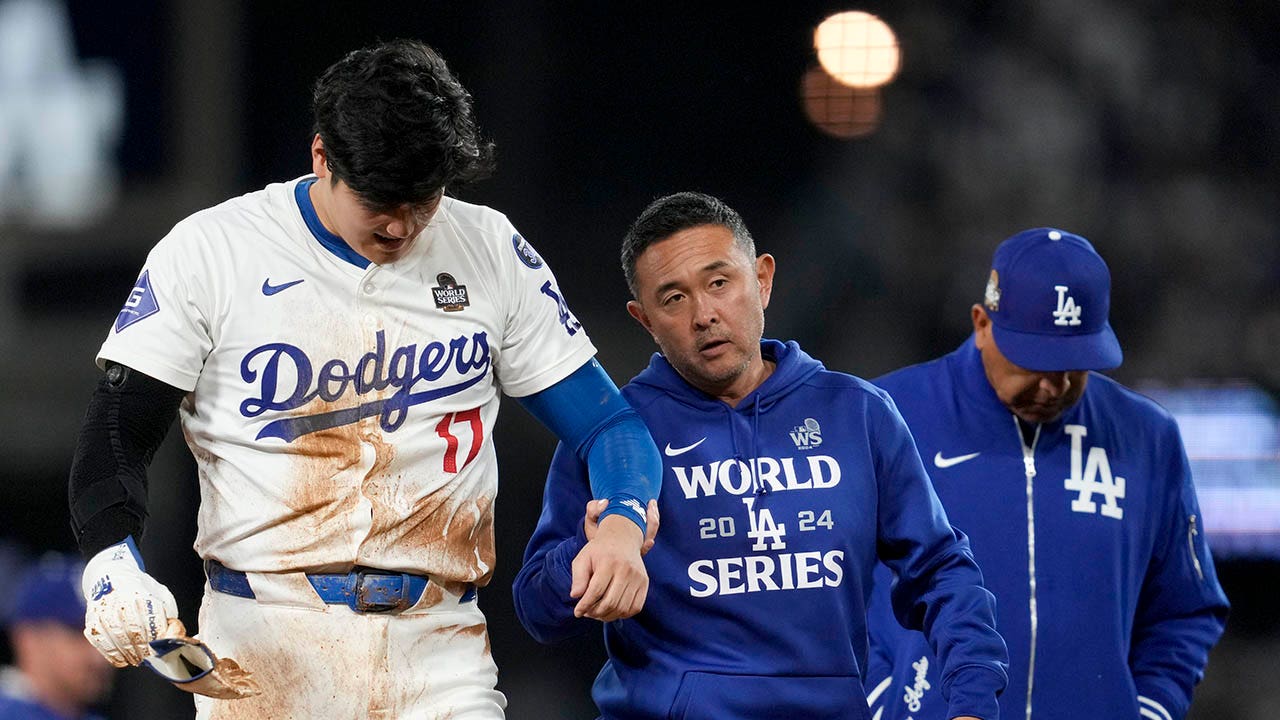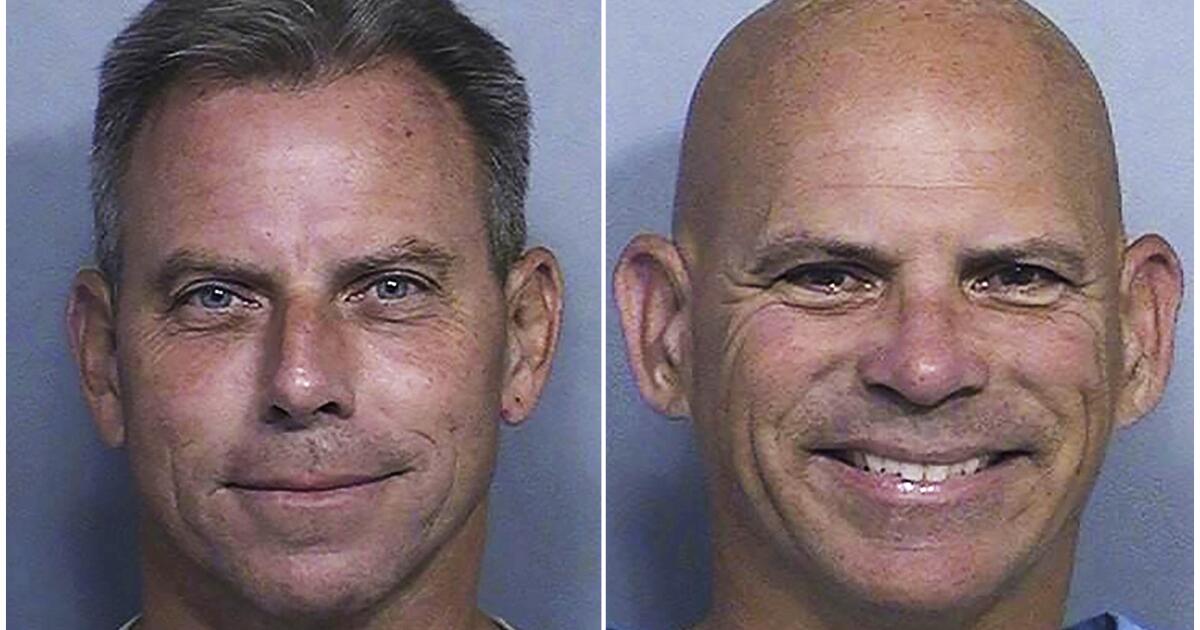The movement to legalize psychedelics in California appears to be entering a new phase, with a focus on incremental steps to allow the drugs in therapeutic settings after failed efforts to pass more sweeping changes.
An initiative seeking to ask voters to decriminalize so-called magic mushrooms and products containing psilocybin failed to qualify for the 2024 ballot when it missed last week's deadline for submitting signatures. This followed Gov. Gavin Newsom's veto last year of a bill that would have decriminalized a short list of natural psychedelics, including “magic mushrooms.”
Now, the Legislature is considering much narrower approaches. A bill expected to be introduced in the coming weeks will call for the legalization of psychedelic-assisted therapy, while a bill passed by the Assembly health committee last week would fund a task force to study the benefits. and dangers of psychedelic therapy.
“As we know, California is experiencing a serious mental health crisis,” Assemblywoman Marie Waldron (R-San Diego) said during Tuesday's hearing.
“Having the data will help us legislate good policies regarding the use of psychedelics in clinical settings. “These therapies have the potential to save countless lives.”
In vetoing last year's bill to decriminalize psychedelics, Newsom said he wants the state to create “regulated treatment guidelines” instead of broadly sanctioning the use of these drugs. He suggested that California “start working immediately” on that.
Testifying alongside Waldron on Tuesday was state Sen. Scott Wiener, the San Francisco Democrat who wrote the psychedelics bill that Newsom vetoed.
“Assemblyman Waldron and I will be partnering this year in the psychedelic therapy space,” Wiener told the committee. “Later this month or early February we will introduce a Senate bill to legalize and create the framework for psychedelic-assisted therapy in accordance with the governor's veto message.”
Waldron emphasized that his bill would not decriminalize psychedelics and that no one would be treated with psychedelics if it passed. He also pointed to Oregon and Colorado, two states that have already decriminalized drugs, and said it's time for California to step up.
“What we need is a foundation to bring all of that together in one place. So this task force would be made up of people who work in clinical settings,” Waldron said.
Assemblywoman Akilah Weber (D-La Mesa), an obstetrician and gynecologist, asked what she meant by “clinical setting.”
“The jargon you're saying trips me up,” Weber said, repeatedly asking for clarification about what exactly the group would be studying and whether they would be randomized controlled trials or based on anecdotes. Weber was also skeptical about the timeline specified in the bill that would require the task force to conclude in 2026.
Similarly, Pilar Schiavo (D-Chatsworth), who did not support Wiener's bill last year, said it was “unclear” who would lead the task force studies.
Outside the Capitol, a ballot measure launched by Decriminalize California has been offering voters “a world where anyone can grow, manufacture, distribute, possess, transport and consume an unlimited amount of magic mushrooms or products containing psilocybin without fear of crime.” ”. charges.” He missed the Jan. 10 deadline to submit 546,651 valid signatures needed to appear on the state ballot in November.
The campaign did not respond to multiple requests for comment from the Times.
A different initiative calling for the creation of a state agency to regulate psychedelics (including psilocybin, LSD, mescaline, MDMA, ketamine and cannabis) and fund research into their therapeutic uses is still gathering signatures in hopes to appear on the November ballot. It faces a March 20 deadline to submit 874,641 valid signatures.











